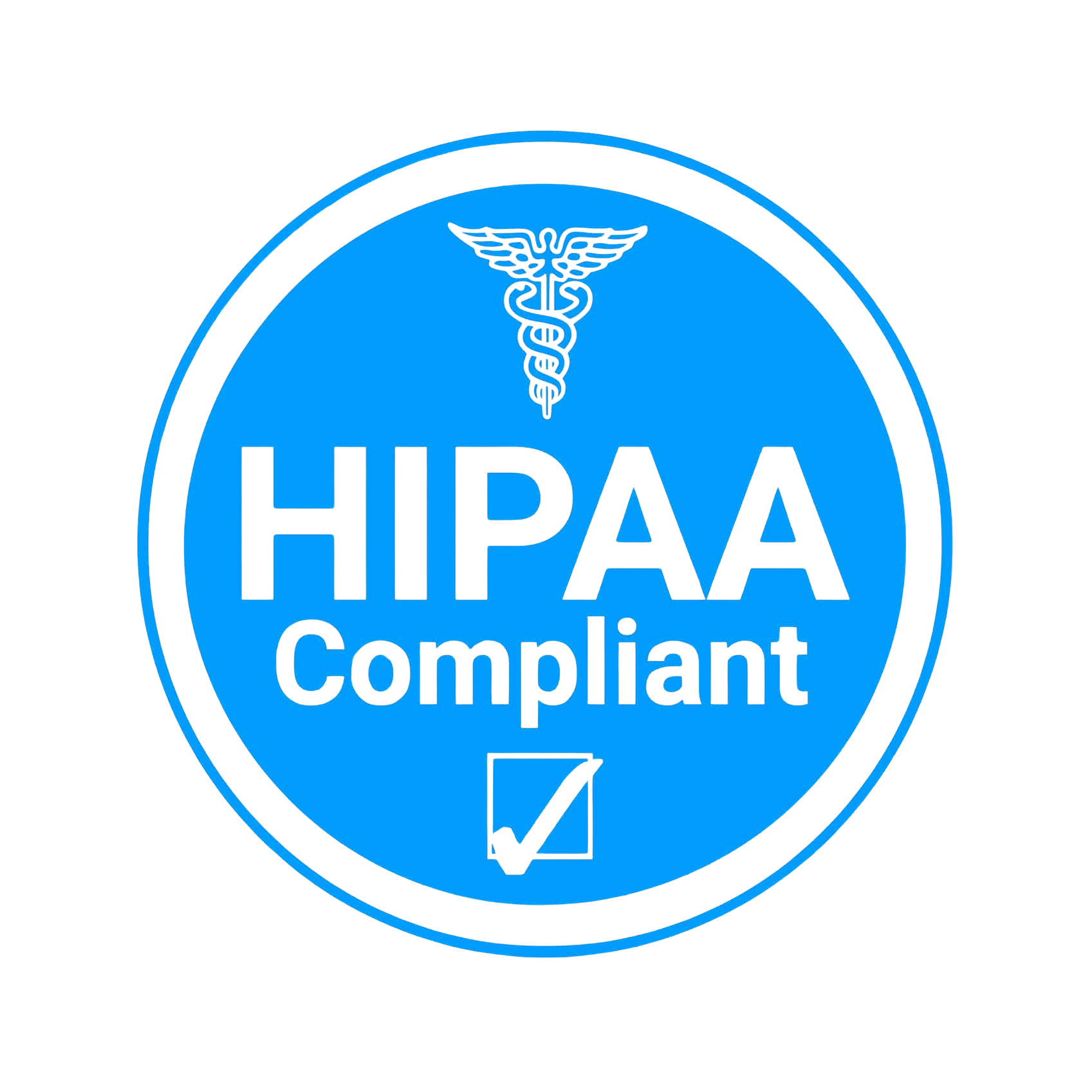Introduction: The rise of AI Marketing
In 2025, AI Marketing no longer a promise of the future, but a determining factor in the success of marketing teams worldwide. Where artificial intelligence was gently introduced into ad optimization or chatbots a few years ago, today we see a mature use at all levels of marketing: from personalized customer experience to predictive analytics that guide strategic decisions.
AI has revolutionized marketing. Thanks to machine learning, natural language processing, and generative technologies, companies can better understand their customers, respond more quickly to trends, and optimize campaigns with unprecedented efficiency.
In this blog, you'll discover how AI Marketing anno 2025 ensures hyper-personalization, automated creation, advanced targeting, in-depth data analysis and a level playing field for small and large companies.
Hyperpersonalization: From target group to individual
Personalization has been a holy grail in marketing for years, but we won't really speak of until 2025 hyperpersonalization. AI enables companies to fully tailor marketing experiences to individual preferences, in real time and at scale.
How does hyperpersonalization work in AI Marketing?
AI systems analyze huge amounts of customer data: click behavior, purchase history, browsing habits, preferences, and even social media interactions. Based on these signals, AI creates a personalized experience:
- Dynamic website content (such as customized product recommendations)
- Personalized email campaigns with individual offers
- Real-time adjustment of app interfaces
Case study:
A clothing webshop uses AI to track whether a visitor mainly views shoes. On a subsequent visit, the homepage immediately shows new shoe offers, while another visitor who views jackets immediately sees the latest winter collection.
Example of success:
Starbucks set up their internal AI engine, Deep Brew, in order to send personalized promotions based on preferences and order times. Result: millions of new subscriptions to the loyalty program.
“Customers expect personal interaction. 76% get frustrated when it's missing.” — McKinsey, 2024
AI-driven content creation: The turbo on creativity
In 2025, content creation radically accelerated thanks to generative AI. What once took weeks can now be achieved in hours, without sacrificing quality.
What can AI create?
- Texts (blog articles, product descriptions, social posts)
- statues (social visuals, ads, illustrations)
- videos (promos, tutorials, personalized clips)
- Audio (podcast intros, voice-overs)
Tools like ChatGPT, Jasper, Midjourney, and DALL-E 3 make it possible to quickly deliver creative output that is barely distinguishable from human creations.
But that doesn't mean that AI is completely replacing your creativity. Quite the opposite: these tools enhance the creativity of marketers, designers, and content creators. They act as a creative engine that accelerates ideas, offers variations and makes new perspectives possible, supercharge and empower your own inventiveness.
Inspiring example:
BMW used Midjourney AI to develop unique car paint designs by using tens of thousands of works of art as inspiration. Nike went even further: they created an AI-generated virtual tennis match between two generations of Serena Williams, generating millions of views and social buzz.
Smarter targeting: AI is redefining customer segmentation
Targeting has always been a core part of marketing. Thanks to AI Marketing in 2025, we will make a leap from manual segmentation to dynamic, data-driven target group determination.
How is targeting changing with AI?
- Cookieless targeting: AI uses first-party data to approach customers based on behavior and preferences.
- Real-time segmentation: Target groups are continuously updated as customer behavior changes.
- Predictive advertising: Advertising platforms like Google and Meta use AI to automatically deliver the right ads to the right people.
Example:
A visitor who shows interest in a particular product but does not convert automatically receives a retargeting ad or discount offer via email sent by AI segmentation.
Impact:
- Less waste of ad budget
- Higher relevance of messages
- Faster campaign optimization
Predictive analysis: Deciding based on facts, not gut feeling
The power of AI lies not only in automating actions, but especially in predicting future behavior.
What does predictive analysis offer?
- Demand forecasting: AI analyses historical trends and external factors (such as weather, social buzz) to predict demand peaks or declines.
- Predicting customer behavior: Models identify which customers are at risk of dropping out and which are susceptible to upselling.
- Dynamic pricing: AI dynamically adjusts prices to maximize margins without losing competitiveness.
Case study:
A retailer sees through AI that a certain product will rise in popularity next month. That's why he's already increasing inventory and deploying marketing campaigns before the competition reacts.
Result:
- Proactive marketing strategy
- Higher customer retention
- Better profit margins
AI accessible to every type of business
Contrary to previous technological waves, democratizes AI Marketing the playing field in 2025.
Large companies are investing in their own AI platforms, such as:
- Starbucks: Deep Brew
- Nestle: Cortex AI
Small businesses use ready-to-use AI solutions such as:
For example, an SME can improve customer communication 24/7 with a simple chatbot, while large corporates use AI for global brand consistency and economies of scale.
More efficiency, better customer experience and higher conversions
AI Marketing excels at three crucial points:
- Efficiency
- Fewer manual tasks
- Faster content production
- Automated campaign optimization
- Fewer manual tasks
- Better customer experience
- Personalized interactions
- Faster customer service via AI chatbots
- Consistent brand experience
- Personalized interactions
- Higher conversion
- Better timed offers
- Higher relevance of ads
- Predictive insights for sales growth
- Better timed offers
Conclusion: The future of marketing is AI Marketing
By 2025, AI will no longer be an optional tool for marketers — it's essential to stay competitive. Companies that AI Marketing embrace:
- Understand their customers better
- Respond faster to changes
- Maximize their marketing results
Nevertheless, the human factor remains crucial. Strategy, creativity and empathy are needed to use technology in an authentic way. The future of marketing lies in the smart collaboration between man and machine: AI as a powerful assistant, the marketer as a visionary.
Are you ready to use the power of AI Marketing fully usable?



